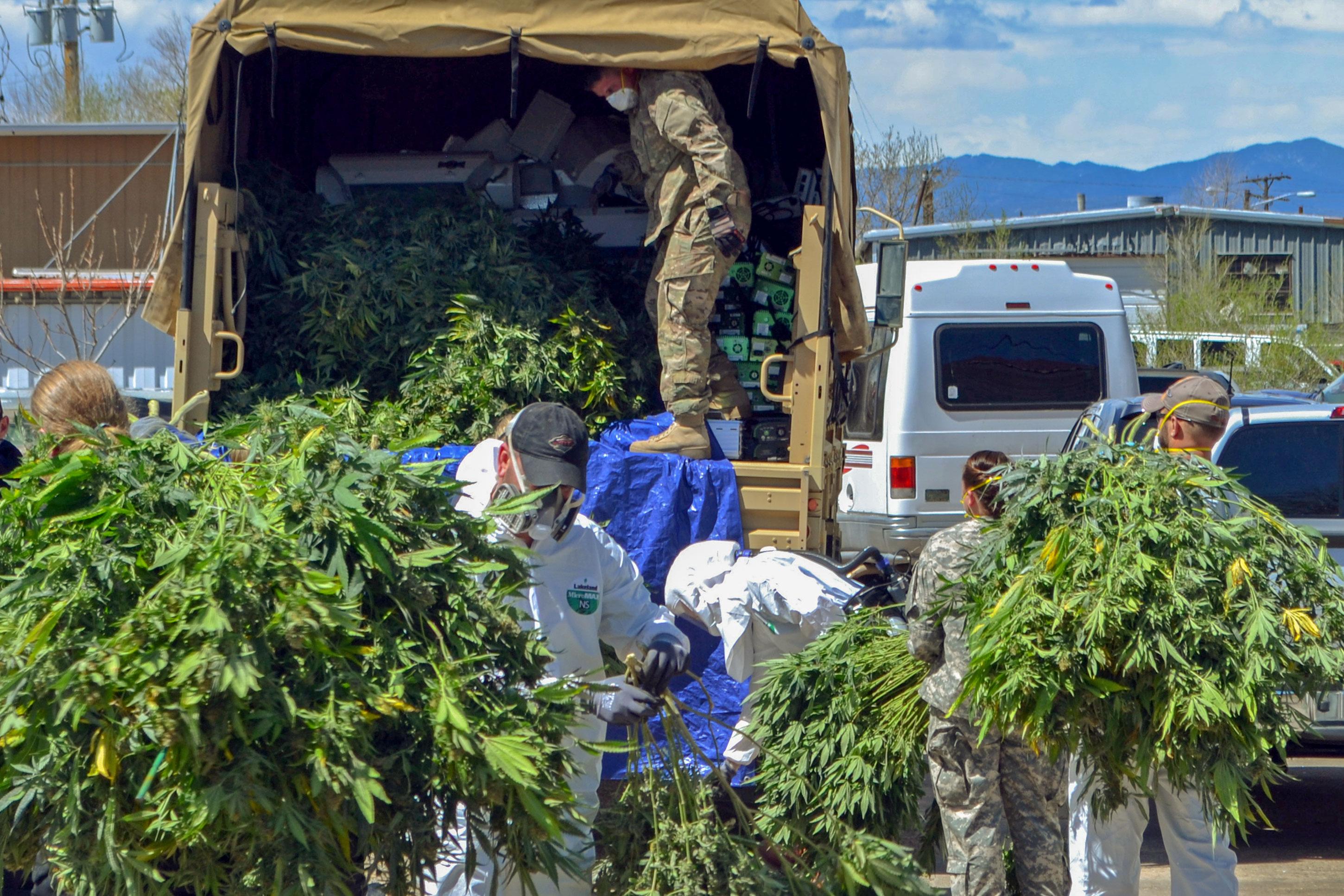
Almost 10 years after retail cannabis became the norm in Colorado, Blacks and Latinos are still arrested at a higher rate than whites, a new state report found.
“You know I’m not surprised,” said state Sen. James Coleman, who is Black and represents central and East Denver. “The system is set up to do what it’s doing. No one would say publicly they think it’s ok where you have twice as many Black people being arrested, but what I want to know is, why is this happening? There is more work to be done.”
State Rep. Leslie Herod, also a member of the Black Caucus, has led significant police overhaul bills through the state legislature in recent years, but said new laws are not the only fix.
“Absolutely holding officers and police departments accountable … Additionally we need to look at DAs and what they’re charging, when they’re offering pleas,” Herod said. “And we need to look at community level work, are there opportunities for people? Are there workforce development in these areas? Yes there is a legislative piece to it, but it’s not an end all be all.”
Beyond criminal justice issues, the new report also attempts to assess the impact of marijuana legalization on public and behavioral health, although the author warns that the information in the report should be treated with some caution: “The majority of the data sources vary considerably in terms of what exists historically and the reliability of some sources has improved over time.”
State officials also found that emergency room visits connected to cannabis intake have increased since 2012. Youth usage rates have remained stable over that same period and the number of plants illegally grown and seized on public lands has fluctuated -- the high point was more than 80,000 plants seized in 2017 and only 1,500 the following year in 2018.
Among the details in the report:
- Total marijuana arrests decreased by 68 percent between 2012 and 2019. Possession arrests were cut in half and sales arrests decreased by 56 percent. The number of arrests fell by 72 percent for whites, 55 percent for Hispanics and 63 percent for Blacks. The marijuana arrest rate for Blacks remains more than double that of whites -- a disparity that hasn’t changed meaningfully since legalization.
- Use of cannabis products among Colorado adults has increased since legalization, but self-reported use by youth held steady. The number of juvenile arrests for marijuana fell by 37 percent. There was again a racial divide here -- the rate of white juvenile arrests decreased 47 percent, for Hispanic juveniles, that number was 26 percent and among Black juveniles, it was 41 percent.
- Medical problems connected to cannabis use have risen since legalization. The number of calls to poison control mentioning cannabis exposure increased in recent years -- there were 41 calls in 2006 and 276 in 2019.
- School suspension rates connected to cannabis increased, while expulsion rates fell. However, state researchers point out that decrease in expulsions was more a result of legislation discouraging “zero tolerance” policies in schools than any change in law enforcement strategy.
- Public lands have been a hot spot for illegal growing operations over the last decade -- but those appear to have waned in recent years. The number has fluctuated annually, from 46,662 plants seized in 2012 to a record 80,826 in 2017, and then sharply down to only 1,502 plants found in 2018.
- Looking at State Patrol data, the number of DUI summonses in which marijuana was involved increased by 120 percent between 2014 and 2020. Roughly 22 percent of DUIs in 2020 cited cannabis use in the report, either by itself or in combination with other alcohol and drugs.
- In 2020, more than 2,700 retail cannabis stores were open in Colorado -- almost 60 percent of them located in Denver, El Paso and Pueblo counties. Total state tax revenue has jumped from $67 million in 2014 to $387 million in 2020. There are more than 85,000 people registered as medical marijuana cardholders -- their most common health conditions include severe pain, severe nausea and muscle spasms.
The marijuana report is mandated by the state legislature to be released every two years.
“The information is presented in a comprehensive and unbiased manner,” said Stan Hilkey, executive director of the Department of Public Safety, which oversaw the data collection. “This report provides … valuable information to help policy makers, law enforcement, schools and the industry understand the effects of legal recreational marijuana in our communities.”








